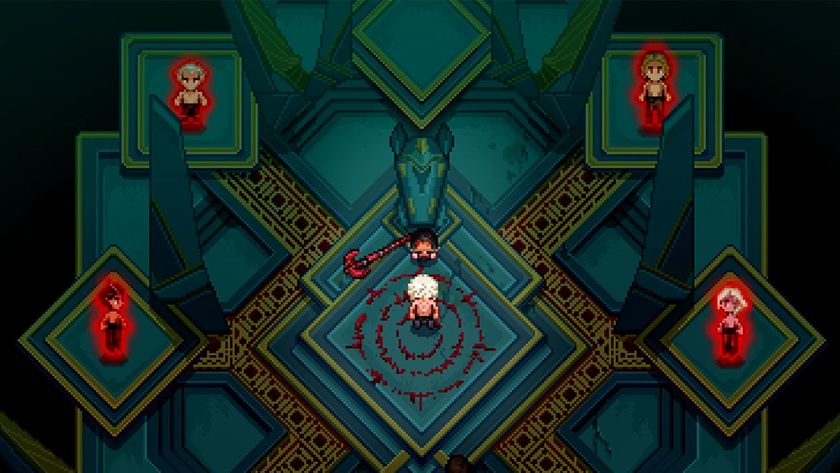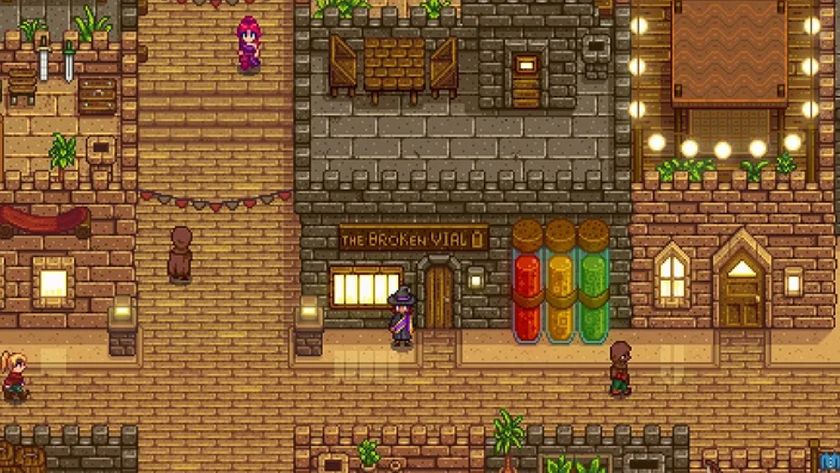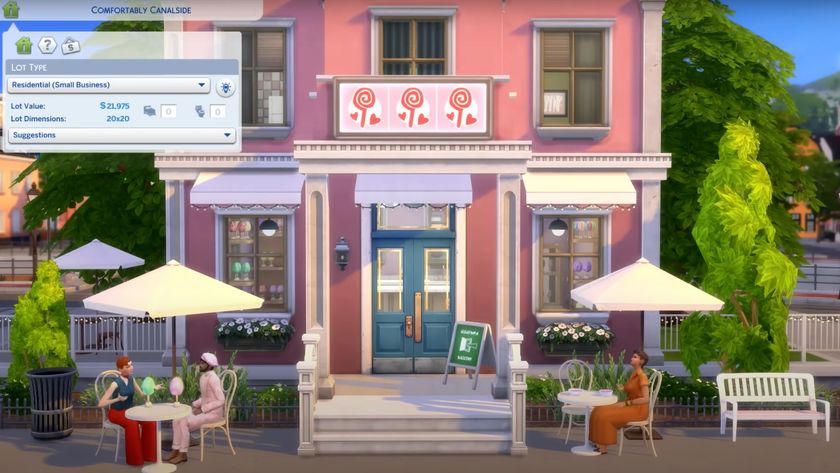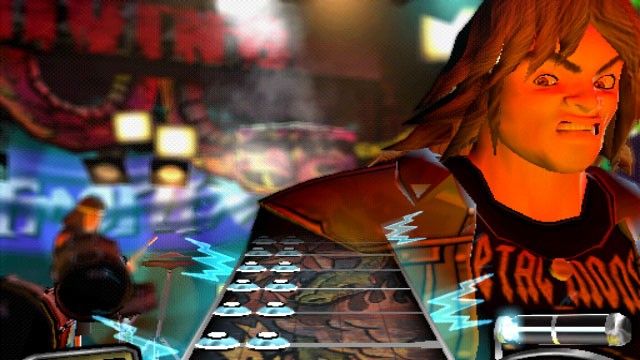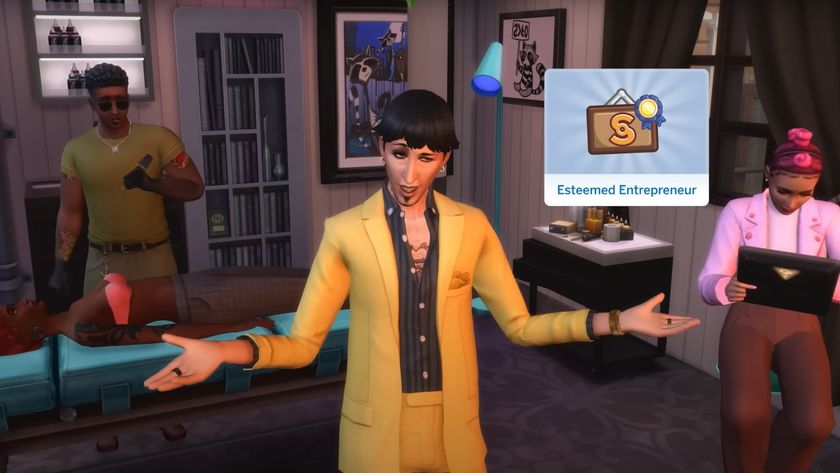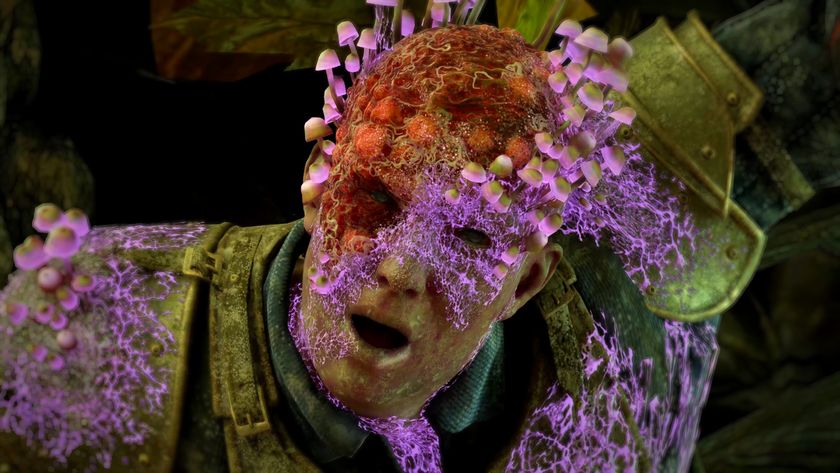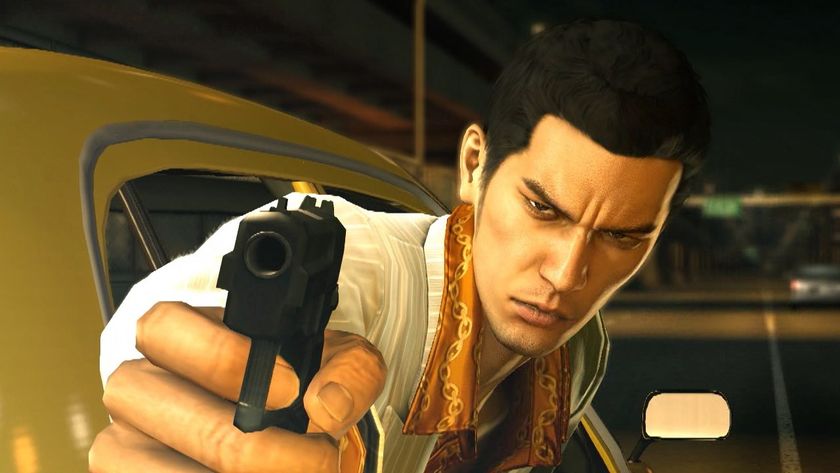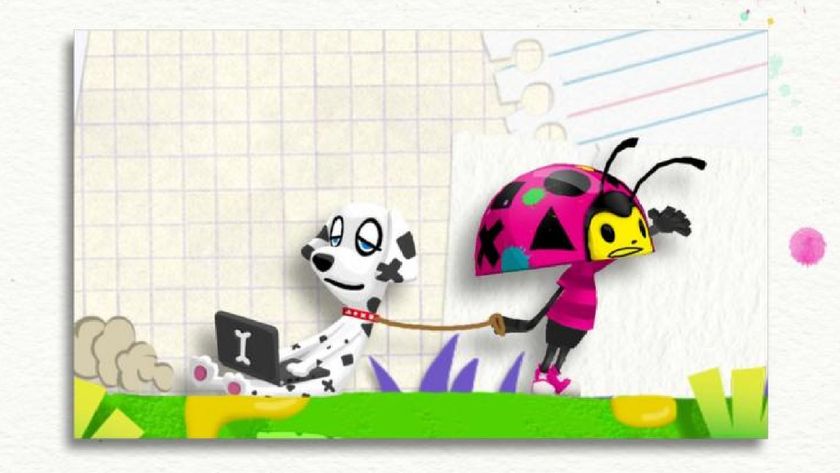Deprioritizing combat is an important trend in games
Shooting people in the face is fun and all, but games can be so much more...
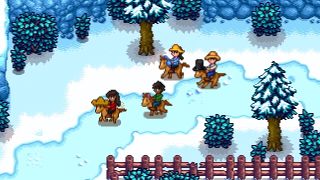
Change is in the air right now, with more innovative games finding the attention of mainstream media. In the last few years, the games I’ve been most excited about are those that break the combat-centric habits of the triple-A space; while there’s still room for games like those we’ve seen before, I’m excited to see more interest being given to games that are approaching challenge in new ways.
For anybody following my work in 2016, it comes as no surprise that I was obsessed with Stardew Valley. This game included some combat, but it was peripheral to the noble cause of growing fantastic crops. Games with such objectives are often depicted as a ‘casual’ alternative to ‘real’ games that involve swords (fantasy), lasers (sci-fi), or guns (war) as genre-specific synonyms. But Stardew Valley was acclaimed, played by all sorts of people, and demonstrated (at least for me) a shift in what audiences were willing to consider a valuable game experience.
On the back of this success, Chucklefish, the publishers of Stardew Valley, are working on Spellbound. While this game will have some peripheral combat (in a place called the ‘forest of elemental magic’), it seems to have a focus on characters, and their unique motivations and friendships. This, coupled with an adorable art style and a theme that appeals to my Harry Potter nostalgia, and you get a game that I can’t help but be excited about.
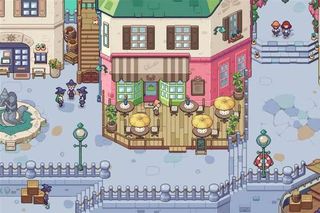
Spellbound is supposed to be more ‘lowkey’ than Harry Potter though, focusing on the day-to-day situations that characters find themselves in rather than on ridiculous battles between teenagers and Dark Lords. And I guess that’s what I’m looking for in more games: the lowkey. I know games are often designed to be an escape from the day-to-days of reality, but sometimes I’d like that escape to be less “you’re an all-powerful fighter” and more ‘you have a pretty small to-do list today, and you can get through it before sundown’.
Another game that’s caught my attention is Ooblets. After watching its development online for a couple of years, I’m excited to see that it should be released for our enjoyment later in 2018. For those unaware, Ooblets is a game said to be about ‘farming, creatures, and adventure’. It seems the game will have a Pokemon-esque combat system, where you can challenge wild ooblets or other ooblet trainers, but the game’s emphasis is on exploration and customisation.
And honestly, it’s adorable. Don’t you want to grow cute mushroom creatures in your garden, and then explore a colourful world while they waddle around after your sweater-wrapped avatar? I know I do.
In a similar category is Mineko’s Night Market, a game also coming out in 2018, which is inspired by Animal Crossing but ‘with a stronger emphasis on story, crafting, and exploration’. The promotional materials of this merchant simulation game show yet another fantastic, adorable art style, and also lots of cats. Yes, please.
Sign up to the 12DOVE Newsletter
Weekly digests, tales from the communities you love, and more
Spellbound, Ooblets, and Mineko’s Night Market - as well as Stardew Valley - have not completely removed combat mechanics from their arsenals, but they have worked to ensure combat is not their primary objective. This approach to game-making allows those who enjoy the competition of combat-based conflict to still enjoy these games, while also allowing those who prefer to socialise, customise, and explore to feel that they are not second best.
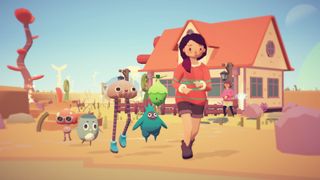
This is happening after games like Yonder: The Cloud Catcher Chronicles have been successful with completely combat-free systems. In Yonder, the only situation that may require you to harm another creature is a quest that asks you to collect pelts by trapping animals, and this can be avoided by either ignoring the quest or by keeping animals who produce pelts on your farm.
Previously, titles like Harvest Moon and Animal Crossing were some of the only examples of RPGs deprioritising combat - and were marketed towards children. But we are starting to see more variety in the games that adults are accessing, and this is diversifying the games being released in exciting new ways.
